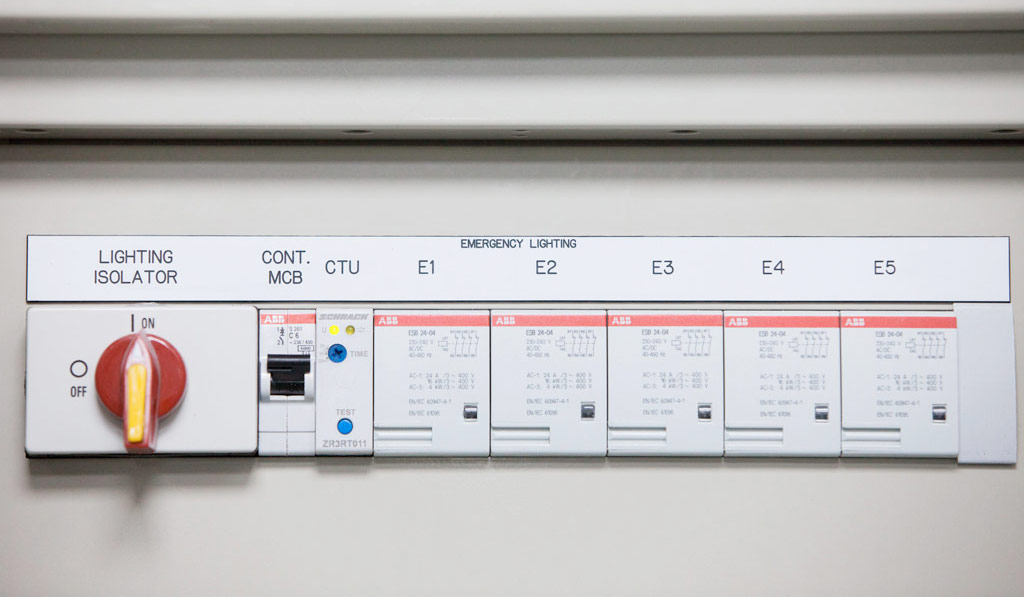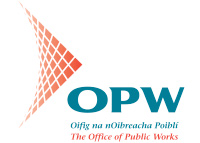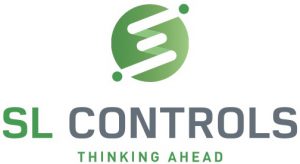Overview
This Emergency lighting commissioning course enables learners to certify and report on the condition of new and existing installations with reference to IS3217:2023, the National Standard on Emergency Lighting.
Who should attend
Electrical Contractors, Engineers, Consultants, Fire Officers, Property Maintenance Contractors, Specialist Emergency Lighting Contractors.
Why should I attend
It is a legal requirement to be a competent practitioner and this award assists in demonstrating that competence. With hundreds of contractors already qualified, this Award has become nationally recognised as an industry standard and is trusted commercially and by regulatory authorities. Qualified contractors will be registered on a National Register and issued with a unique number that can be used on IS3217 certificates and reports.

Course Objectives
At the end of the course learners will be able to:
- Understand, explain and interpret the scientific principles of light and its relevance to emergency escape lighting.
- Explain the framework of legislation and EU standards that regulate emergency lighting installations.
- Explain the terminology required to interpret IS3217:2023
- Troubleshoot a range of possible installation-based faults based around maintained, non- maintained (twin spot), combined, switched maintained and self-test fittings.
- Navigate IS3217:2023 efficiently.
- Quote key life safety requirements of IS3217:2023 without needing to refer to the standard.
- Understand the principle of operation of self-test and central addressable systems.
- Understand the principle of operation of Central Powered Systems.
Course Modules
Lighting Science
IS3217:2017 and IS3217:2023
Principles and Maintenance of emergency lighting fittings
Legislative mechanisms and EU Standards
Terminology and Interpretation
Automatic Test Systems
Central Powered Systems
(Commissioners): All aspects of practical commissioning: planning, implementing and reporting.
QQI Assessment
| This award is made up of two QQI component awards. | ||
| 1. Fundamental Component which is common to both Designers and Commissioners. This component is assessed by Exam 1 (40%) and Exam 2 (60%). | ||
| 2. Commissioning Component. This is assessed by submission of a commissioning project (50%) and a collection of work (workplace evidence) (50%) |
- The Pass mark for all assessments for this Life Safety system is 70%.
QQI Accreditation and Progression
6S0953 QQI Level 6 (Special Purpose) Award in Emergency Lighting consists of two components 6N0951 Emergency Lighting Fundamentals and 6N0860 Commissioning of Emergency Lighting Systems. With this award you can progress to the QQI Level 6 Special Purpose Award in Emergency Lighting Design 6S0955 and be exempted from the Fundamentals course module
Entry Requirements
No previous formal qualification is required but learners should have relevant work or life experience to have reached the standards of knowledge, skill and competence associated with Level 5 of the National Framework of Qualifications.
Competence in written and spoken English is essential. International students whose first language is not English are required to have an appropriate score in an approved examination in English language. We accept an IELTS test score of 6. We also accept IELTS equivalents such as TOELF and Cambridge exams and Duolingo English Test.
When we recieve your booking request we will call you to go through an enrolment checklist with you to ensure that you meet all entry requirements for the course you have selected.
If you would like to assess your entry level knowledge, relative to course content, please contact us and we can set you up with a free trial on our e-learning platform.
Have a question about this or any other course? We’d love to hear from you.







































